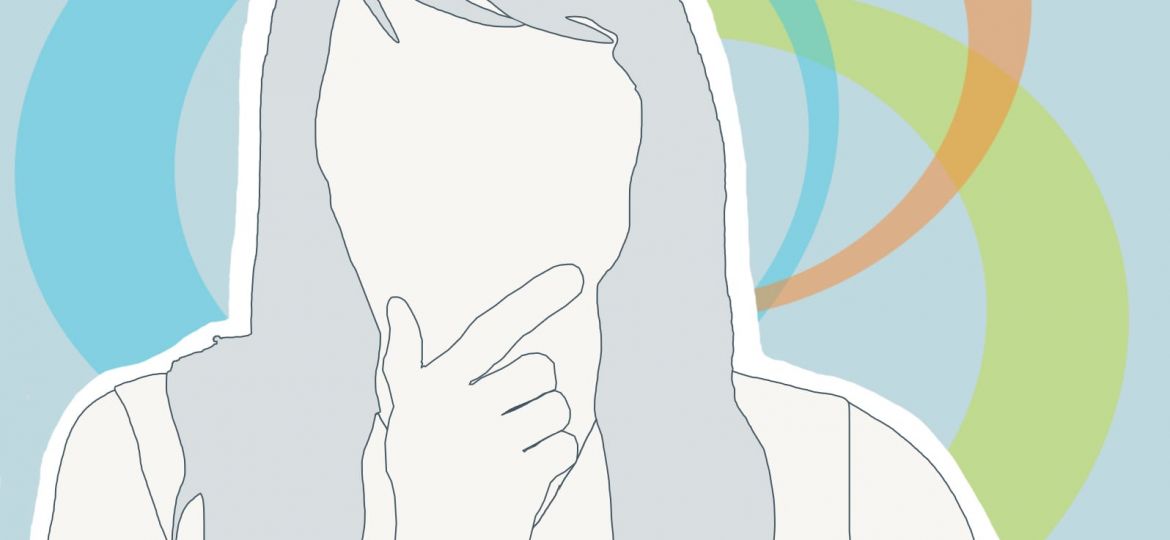
Three years ago, St. Olaf began to use an alcohol, drugs and sexual health educa- tion program called “Think About It.” This program was developed by students at the University of San Francisco and designed with first-year students in mind. The lessons are meant to introduce students to poten- tially dangerous environments via the safety of a computer. By completing “Think About It,” first-year students will ideally be more educated and prepared for the beginning of their college experience.
This summer, rising Seniors were required to take the course, even though they com- pleted a similar online program in the sum- mer of 2012. New federal legislation, which was passed in the spring, requires schools that receive federal funding (such as fed- eral loans) to provide courses such as “Think About It” to all of their students. Like many St. Olaf students, I appreciate the program, but have several qualms.
First, “Think About It” seems to focus on a couple of themes that I have not found exemplary of my St. Olaf experience: hook- ups and parties. I do not mean to imply that St. Olaf students never go to parties, nor that Oles never have romantic encounters during their time on the Hill; however, I have not found either of those cultures to be as preva- lent at St. Olaf as they are portrayed in the program.
In addition, “Think About It” most often uses scenarios and actors that fit college stu- dent stereotypes. Incorporating more diver- sity into a program like “Think About It” would remind all of us that alcohol poisoning and sexual assault can happen to anyone. A more representative program might help stu- dents relate more personally to the examples.
“Think About It” educates its participants about the dangers of alcohol, drugs and leaving drinks unattended. The program calculates how much each participant can safely drink in a given amount of time. It also teaches students how to respond when a peer is potentially suffering from alcohol poisoning.
Though St. Olaf is a dry campus, this edu- cational program is still relevant. It is impor- tant that every student knows what to look for and what to do, should the need arise.
I have one final criticism about the “Think About It” program. As we watch the short videos, listen to the all-too-cliché scenarios and choose what are sometimes abundantly obvious answers, we might lose sight of the real purpose of completing the program. I fear that by turning these lesssons into a game, the goal shifts away from education and towards choosing the correct answers.
We must remember that how we apply what we know really matters, not whether we unlocked the “Drug Lord” badge for answer- ing all of the questions about drug use cor- rectly. If we cannot respond appropriately to a fellow student’s clammy skin and slow breathing, then the badges are meaningless. A high score is useless if we shy away from difficult situations and fail to intervene when necessary.
So how could we improve programs like “Think About It?” To start, the program should include lessons on coping with stress, time management and accepting our own limitations. Thankfully, we have Wellness Center resources to build upon lessons that have already been taught and to fill in the gaps that “Think About It” may have neglect- ed.
I encourage everyone to attend some of the Wellness Center’s sessions. Look for posters advertising weekly events throughout the year. If, like me, you have ever struggled with stress, time management or body image, it might be worthwhile to hear what the Peer Advsiors have to say. Just think about it.
Jacob Vincent ‘17 (vincentj@stolaf.edu) is from Bettendorf, Iowa. He majors in mathematics.

